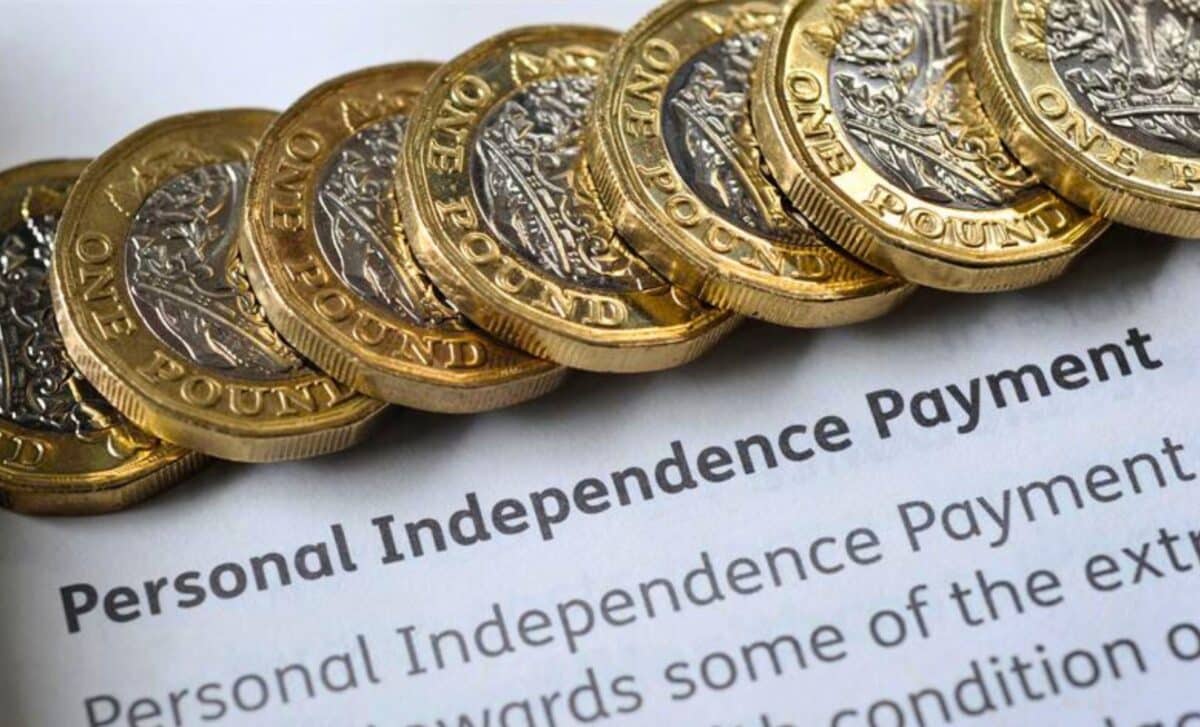Personal Independence Payment (PIP) recipients may see their payments reduced once decisions on the welfare bill are revealed later in the year.
Rising PIP Costs and Support Options Amid Welfare Reforms
PIP is meant to compensate the additional costs of a disability or long-term physical or mental health condition and grants up to £737 every four weeks, but due to “unprecedented” demand, the costs are no longer sustainable.
The government allocates £69 billion on benefits for working-age people with disabilities or health conditions, which is more than the UK budgets for education, transport and policing.
Expenses on PIP alone are projected to climb by more than 50% over the next four years.
With upcoming welfare reforms potentially limiting payments for the disabled, those receiving Personal Independence Payment (PIP) might be eligible for additional financial support and assistance from various sources.
Citizens Advice highlights that there are numerous forms of disability-related financial aid available through the DWP and other organizations. Additionally, because PIP isn’t means-tested, claimants can increase their income through work if their condition allows.
Universal Credit and LCWRA: Key Support Options for Disabled Individuals
One important option for additional assistance is Universal Credit, which includes additional assistance for persons with disabilities through an incapacity top-up known as LCWRA (Limited Capability for Work and Work-Related Activity). This additional payment is provided to individuals who are medically unable to work.
To qualify, you must supply GP illness notes and complete a work capability exam, which differs from the PIP health assessment. If you are deemed unfit for work, you will be eligible for this supplement to your basic Universal Credit allowance.
The Universal Credit standard amount is £311.68 for a single person below the age of 25, and £393.45 for those aged 25 and up, according to the revised payment rates that went into effect in April. With the LCWRA payment of £416.19 included, this comes to £727.87 or £809.64.
In the future, the LCWRA category will be substituted with a Universal Credit Health Element that is exclusively available to those who already get PIP. So, if Labour’s ambitions continue, a successful PIP application could be critical.










I think it should be left alone, us disabled persons will be left worser off. I believe that the one who wants to do this should be relieved of her duties, she is not fit for purpose in modern government and it makes her sound as bad as the previous government.
They shouldn’t do any cuts to pip because that’s not fair on disabled people if they do they should make shops to drop they’re prices on the food
I think that PIP should be left alone..
I also think everyone in the government field should go on benefits for 2 months or a bit longer to see how we manage with limited funds because they wouldn’t get half the stuff there get now..
I am ill and if thay stop pip paying al be suck in the houes and wood not beable to pay for taxies to get out
The present government are ruinihg this country and they’ve not been in long. Punishing the most vulnerable and disabled people Is a low blow and will affect every individual receiving PIP. They need to leave PIP alone and concentrate on on the illegal immigrants coming in and draining the country.
They want to cut there own wages first before cutting anything.